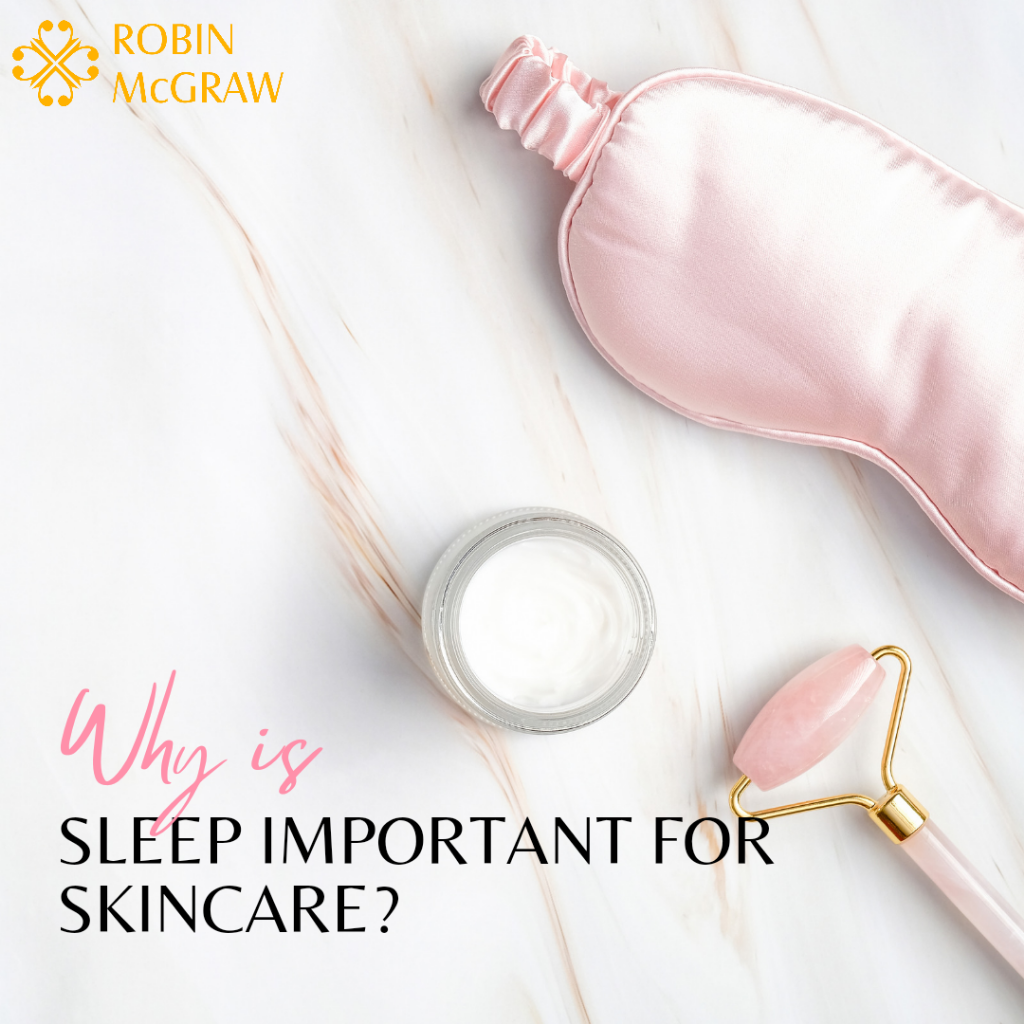
Unlock the Secret to Glowing Skin: Unveiling the Impact of Sleep Deprivation
Introduction: The Overlooked Connection Between Sleep and Skin Health
Sleep, often relegated to the background in our hectic lives, plays a pivotal role in maintaining our skin’s vitality and youthfulness. While we juggle daily responsibilities and chase our dreams, the significance of restful slumber for our skin's health is frequently underestimated. This article delves into the profound yet often ignored impact of sleep deprivation on skin health, uncovering the hidden truths behind the mirror's reflection.
The Visible Effects of Sleep Deprivation on Skin
When sleep eludes us, the first casualty often appears on our skin. The lack of rest manifests visibly in various ways. Firstly, the skin loses its luster, adopting a dull, lifeless appearance. This is not merely a superficial change; it's the skin crying out for rejuvenation that only sleep can provide.
The dreaded dark circles under the eyes are another telltale sign of sleep deprivation. These unsightly shadows are more than just an aesthetic concern; they are indicators of the body's need for rest and recovery. Furthermore, sleep-deprived individuals often notice an increase in uneven skin tone and texture. These changes are subtle yet significant, hinting at the deeper cellular level impact of insufficient rest.
Recent studies have strengthened these observations, providing scientific backing to what was once considered mere folklore. Dermatologists now widely acknowledge the direct correlation between sleep quality and skin health, emphasizing the need for adequate rest as part of any skincare regimen.
Sleep and Aging: How Lack of Rest Accelerates Skin Aging
The fountain of youth may well flow from a good night's sleep. Sleep deprivation accelerates the aging process of the skin in a manner that no cream or potion can counteract. During sleep, the body goes into a state of repair, producing collagen, the protein responsible for skin elasticity and firmness. Depriving the body of sleep means depriving it of this crucial repair time, leading to a reduction in collagen production.
This reduction manifests as fine lines, wrinkles, and a general loss of skin firmness and elasticity – the harbingers of aging. Moreover, the skin's ability to recover from environmental stressors like sun exposure and pollution is significantly compromised without adequate rest. Thus, chronic sleep loss sets the stage not just for immediate visible effects but also for long-term deterioration of skin health.
Sleep Deprivation and Skin Disorders: A Troublesome Link
The relationship between sleep and skin health extends beyond cosmetic concerns to more serious skin disorders. Chronic sleep deprivation can exacerbate or even trigger various skin conditions. Acne, for instance, often flares up in the wake of poor sleep, driven by hormonal imbalances and increased stress levels. Similarly, conditions like eczema and psoriasis can worsen due to the compromised immune response associated with lack of sleep.
Studies have shown that the skin's barrier function – its ability to retain moisture and protect against external irritants – is significantly impaired in sleep-deprived individuals. This impairment can lead to increased sensitivity, redness, and irritation, laying fertile ground for various skin disorders.
Quality Sleep for Quality Skin: Unveiling the Connection
The adage "beauty sleep" is grounded in truth. Quality sleep is akin to a nightly beauty treatment for the skin. During deep sleep, the body enters a regenerative mode, repairing daily damage and rejuvenating the skin. This process includes the replacement of aged cells, healing from environmental stressors, and rebalancing hydration levels. The result? A more radiant, healthy complexion upon waking.
Research underscores this connection, highlighting how restorative sleep contributes to the skin's ability to renew itself. Growth hormone, essential for cell regeneration, is predominantly released during deep sleep phases. Insufficient or disrupted sleep patterns can hinder this process, leading to visible skin fatigue.
Optimal Sleep for Optimal Skin: How Many Hours Do You Need?
The golden question arises: how much sleep is enough for healthy skin? While individual needs may vary, most experts agree that 7-9 hours of quality sleep per night is optimal for adults. This timeframe allows the body to cycle through the stages of sleep necessary for skin repair and rejuvenation. Notably, it's not just the quantity but also the quality of sleep that matters. Uninterrupted, deep sleep is crucial for maximizing skin health benefits.
It's essential to consider lifestyle factors such as stress, diet, and physical activity, as they can influence sleep needs. Tailoring your sleep schedule to your body's unique requirements is key to unlocking the full potential of sleep for skin health.
Conclusion: Embracing Sleep for Radiant Skin
In conclusion, sleep is not just a passive state of rest; it's an active, essential process for skin health and overall wellbeing. Understanding and respecting the intricate relationship between sleep and skin can lead to more mindful lifestyle choices. By prioritizing sleep, we not only enhance our skin's appearance but also bolster its health, embracing a more holistic approach to beauty and wellness.
Key Takeaways for Quick Readers
- Visible Signs: Lack of sleep can cause dull skin, dark circles, and uneven tone.
- Aging Process: Sleep deprivation accelerates skin aging by reducing collagen production.
- Skin Disorders: Chronic poor sleep can exacerbate conditions like acne, eczema, and psoriasis.
- Sleep Quality: 7-9 hours of quality sleep is crucial for skin repair and regeneration.
- Lifestyle Tips: Establish a regular sleep routine, create a restful environment, and watch your diet to improve sleep quality and skin health.

